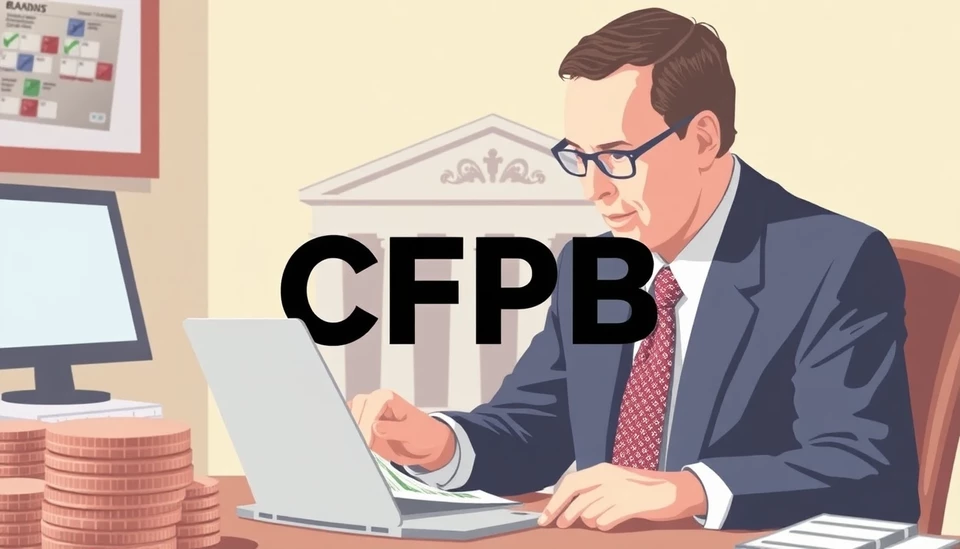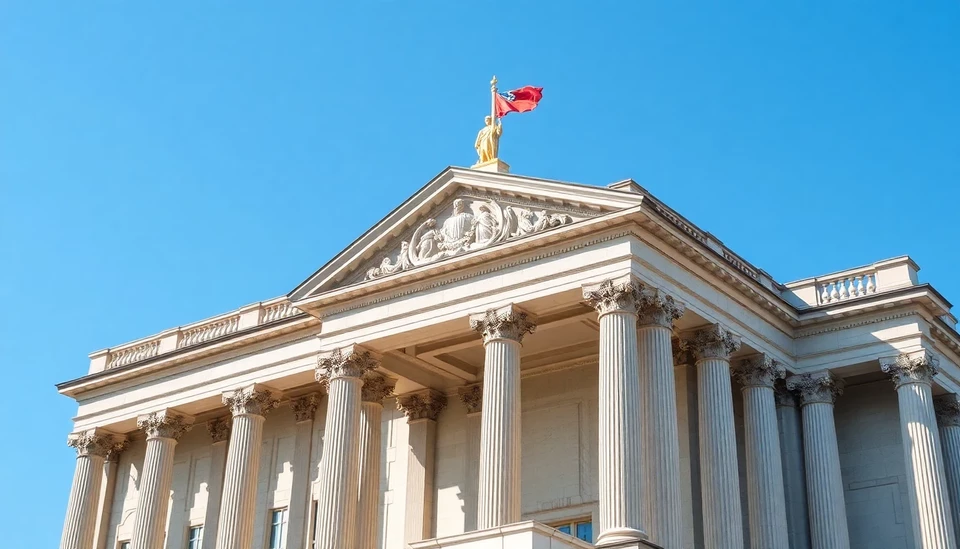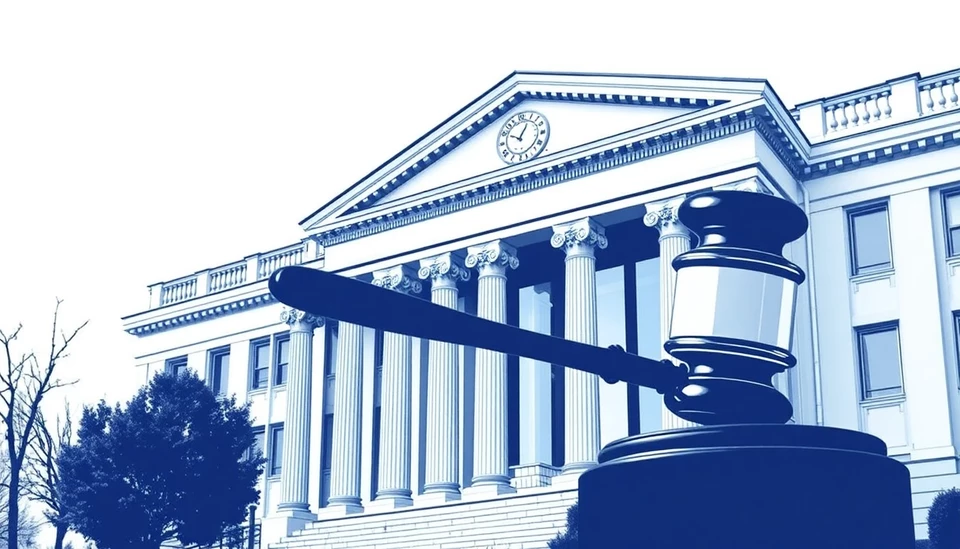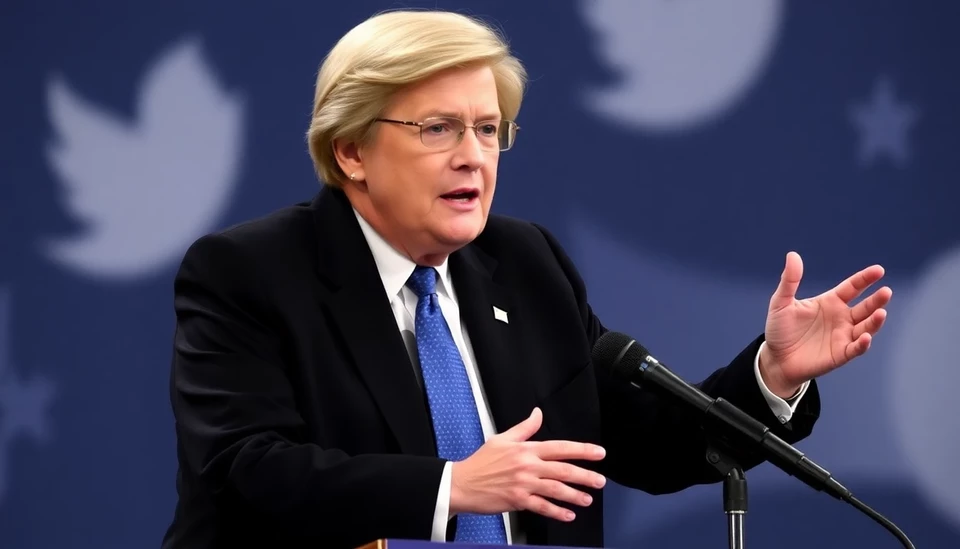
In a significant move towards consumer protection, the Consumer Financial Protection Bureau (CFPB) has finalized its new regulation capping bank overdraft fees. This decision has garnered both praise from consumer advocacy groups and resistance from Republican lawmakers as well as financial industry representatives.
The newly established cap, which limits banks to charging no more than $8 per overdraft transaction, aims to alleviate the financial burden faced by many Americans who rely on overdraft services. This regulatory measure is expected to significantly reduce the revenue generated by fees which, according to some estimates, amounted to billions of dollars per year for banks. In numerous cases, consumers have faced fees as steep as $35 for such transactions, leading to a relentless cycle of debt and financial distress.
CFPB Director Rohit Chopra emphasized the importance of this cap, stating that it will provide families with more manageable banking costs while simultaneously holding financial institutions accountable for excessive fees and practices. "This is about providing a critical and much-needed relief to millions of Americans struggling against mounting bank fees. Our goal is to make banking more fair and accessible for everyone," Chopra remarked during a recent press conference.
However, this ruling has not been without its controversies. Republican lawmakers, citing concerns over the economic impacts on banks and credit unions, have voiced strong opposition. They argue that the cap could hinder financial institutions' ability to offer beneficial services due to reduced fee revenue. In their view, this regulation could lead to increased costs for consumers as banks may respond by raising other fees or restricting access to credit. GOP representatives have warned that such government regulations could disrupt the balance of consumer choice and marketplace dynamics.
The financial industry has echoed these concerns, emphasizing that overdraft programs serve a critical function, allowing consumers to complete transactions despite having insufficient funds. Many in the industry argue that, without a viable overdraft solution, banks will need to reconsider their product offerings altogether. They fear this could lead to unintended consequences — such as greater withholding of services to lower-income individuals who typically rely on these overdraft facilities.
In the wake of the new cap, banks are now tasked with reassessing their current policies surrounding overdraft fees. While many institutions have expressed their commitment to supporting consumers, the long-term effects of this regulation on the banking ecosystem remain to be seen. Experts are divided; some believe that banks will adapt creatively to the cap, while others warn that it may lead to the erosion of vital services.
With this major regulatory move, the CFPB aims to reshape the landscape of banking in America, targeting inequitable practices that disproportionately affect consumers. As the debate continues, stakeholders on both sides will likely be keeping a close eye on the impacts of this new rule and how it will influence the future of consumer banking.
In conclusion, the CFPB's decision to impose an overdraft fee cap represents a critical effort to protect American consumers from exorbitant fees, although it raises complex questions regarding the balance of consumer rights and banking sustainability.
#CFPB #OverdraftCap #BankingRegulation #ConsumerProtection #FinancialServices #GOPOpposition #BankFees #FinancialLiteracy
Author: John Harris




